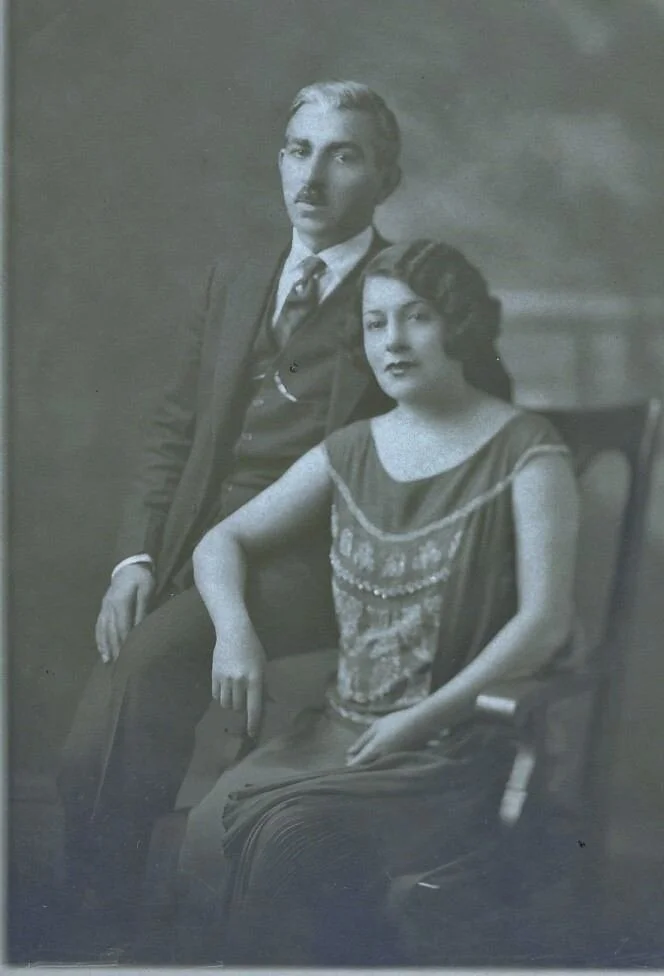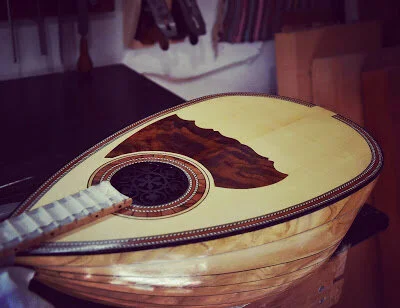Η σελίδα Ρεμπέτικο για λίγους δημιουργήθηκε τον Ιούλιο του 2014, ενώ τον Απρίλιο του 2015 δημιουργήθηκε και ο διαδικτυακός, ραδιοφωνικός μας σταθμός, όπου μεταδίδει επιλεγμένα Ρεμπέτικα και Λαϊκά τραγούδια.
Οι φανατικοί φίλοι της σελίδας μας, και παράλληλα ακροατές του σταθμού μας, τόσο στην Ελλάδα αλλά και σε 15 χώρες ακόμα, πιστεύουμε ότι δικαιώνουν την προσπάθεια μας να παραμείνει όσο το δυνατόν πιο ζωντανό αλλά και πάντα επίκαιρο, το Ρεμπέτικο και το Λαϊκό τραγούδι.
Ο σταθμός μας με συνεχή ροή τραγουδιών επί 7 ημέρες την εβδομάδα 24 ώρες το εικοσιτετράωρο, βρίσκεται στην παρακάτω διεύθυνση.

















